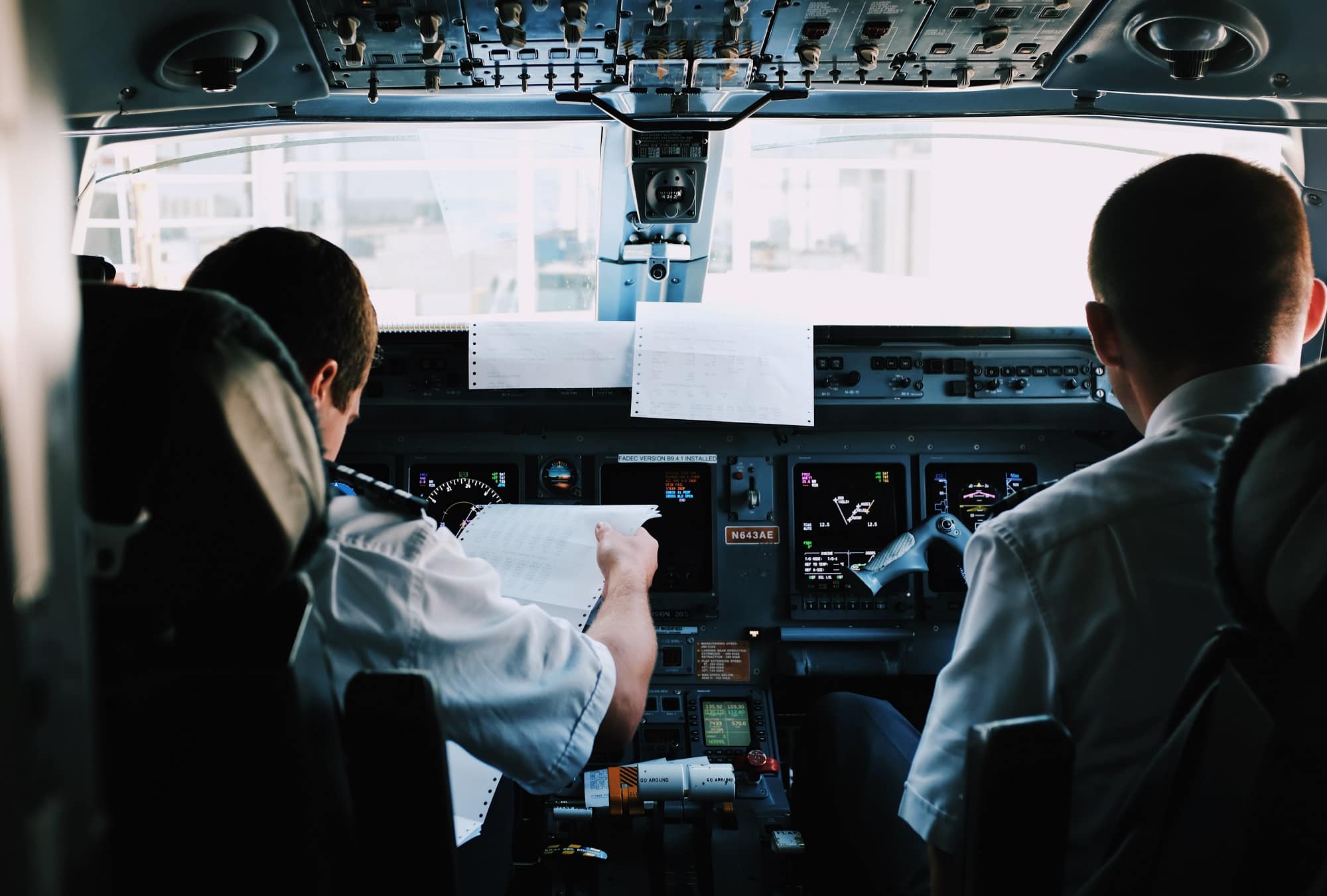If you ask any child what they’d like to be as an adult, “pilot” is still in the top of the list. It’s a profession that is full of adventure, technical expertise and freedom. Once the dream becomes reality, every aspiring pilot begins to wonder: How much do pilots earn?
It’s not only a matter of number. Understanding airline pilot pay today requires navigating beginning salaries, growth trajectories and structure of benefits.

Image credit: flightschoolusa.com
Small beginnings: Why do pilots get their start in the region world
Most pilots aren’t able to get into a Boeing 787 cockpit immediately. Their careers begin with regional airlines flying smaller aircraft with shorter routes. These positions are the training grounds for future captains, and their salaries reflect this.
The salary of a regional airline pilot typically starts around $45,000 to $70,000, based on the airline as well as whether the pilot has flight experience or is fresh out of school. Although it may seem low when compared to the price for flight training, regional experience could lead to more opportunities. In response to the shortage of pilots, a number of regional airlines have increased pay.
Commercial Pilot Salary The Salary of Commercial Pilots isn’t always what you Think
Things become interesting. It’s not required to possess an commercial pilot’s license to fly for an airline. This means you’re entitled to receive compensation from an airline for your flights. This could include charter, cargo sightseeing, crop-dusting firefighting or corporate jets. Each of these routes has distinct compensation packages.
A charter pilot might make $60,000 while the Gulfstream G650 corporate captain can earn up to $200,000 annually. Commercial pilot salaries are wildly different due to the various roles they play and the risks associated with them. Contrary to the formal airline seniority, pay in commercial sectors is often based on negotiations, aircraft type and client contracts.
If the Numbers Grow Bigger
Pilot salary USA for those who climb the ranks and join a major airline, the numbers start looking much more appealing. First officers at the largest U.S. airline might earn around $150,000 to $90,000. the captain of a senior position flying international wide-body routes can earn between $300,000 and $400,000, sometimes more with overtime and bonuses.
But those numbers don’t show the entire picture. Seniority is often accompanied by intense schedules, fatigue from lengthy travel and lifestyle changes. It’s a rewarding career, but it’s not always glamorous.
What the Paycheck Don’t Show
Benefits are an essential part of the conversation when it comes to discussing salaries for airline pilots. Pilots discover value beyond the dollars. Benefits can be a key factor in enhancing your quality of life. From pension plans and complete medical coverage, to benefits for family members to travel.
Plus, many airlines now offer the possibility of signing bonuses (sometimes between $15,000 and $75,000) to pilots with experience, especially those with military background or type ratings in demand. These bonuses are a sign of the urgent need for professionals, given the ageing of pilots and the rising demand for flights across the U.S.
Do You Really Get Value?
The process to become a pilot in the U.S. isn’t just demanding it’s also expensive. Training for flight can cost anywhere between $70,000-$150,000. Many pilots won’t achieve six figures for many years. But the long-term payoff is tangible.
Pilots usually enjoy job stability along with structured advancement and a schedule flexibility that many other professions are jealous of. The view from the cockpit and the satisfaction of flying a plane is far more important to many people than the salary.
Final Thoughts
A pilot salary in the USA isn’t only about money, it’s about growth, journey and lifestyle. A career as pilots is not just an opportunity to earn a living but also a reason to live. If you’re considering regional jobs such as commercial charters, long-haul flights or flights abroad, each step can bring not just better pay, but also a larger scope of possibilities.